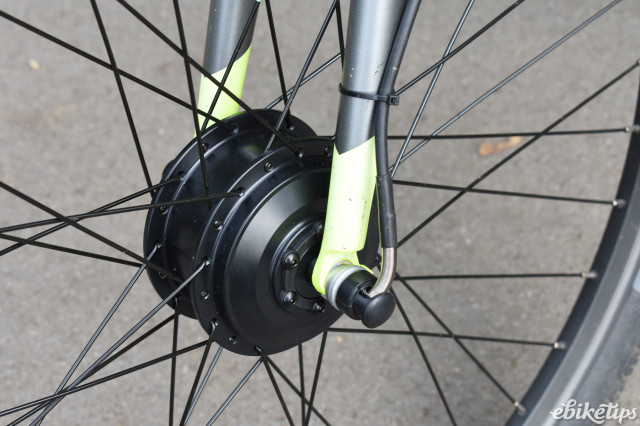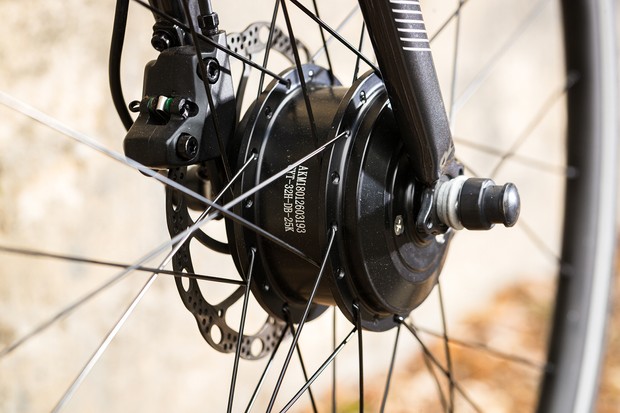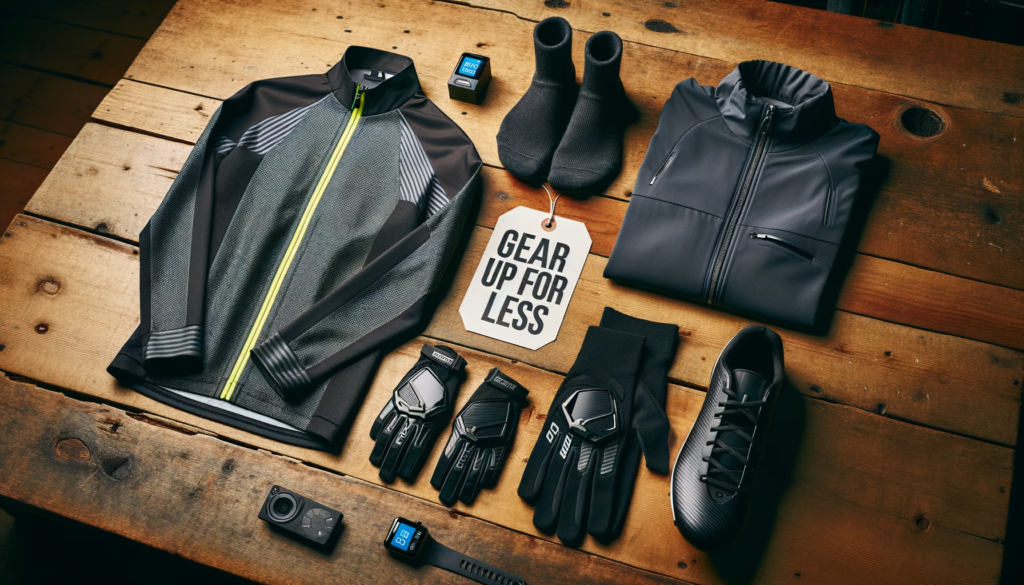Yes, electric bike conversion kits are legal. However, there are specific regulations regarding their use in different regions.
It’s important to familiarize yourself with local laws before installing one. Electric bike conversion kits have gained popularity in recent years due to their ability to convert regular bicycles into electric ones. These kits typically include a motor, battery, and controller, allowing cyclists to enjoy the benefits of electric assistance.
However, it’s crucial to understand the legal implications of using these kits, as laws may vary by location. Let’s explore the legal aspects, potential benefits, and key considerations associated with electric bike conversion kits. Understanding the regulations and benefits can help you make an informed decision about converting your bike to electric power.
Understanding Electric Bike Conversion Kits
Electric bike conversion kits are aftermarket kits designed to convert a traditional pedal bike into an electric-powered bike. These kits typically include a motor, battery, controller, and throttle. The motor is attached to the bike’s frame or wheel, providing assistance when pedaling.
Electric bike conversion kits offer the benefit of turning a regular bike into an electric one, providing an eco-friendly transportation option with enhanced speed and convenience. However, it’s important to consider the legal implications of using these conversion kits, as laws regarding electric bikes can vary by location.
While some areas may have specific regulations, in general, electric bike conversion kits are legal if they comply with speed and power limits set by local authorities. It’s vital for riders to be aware of the regulations in their area to ensure they are operating their electric bikes within legal parameters.
Legal Regulations For Electric Bike Conversion Kits
When it comes to electric bike conversion kits, it’s important to be aware of the legal regulations. These kits are subject to specific laws that vary by location. An overview of the electric bike laws includes a range of restrictions governing their use.
In some areas, registration and licensing requirements are mandatory for converted electric bikes. Additionally, there may be restrictions on speed and power to ensure safety and compliance with local regulations.
Here is a summary of the legal regulations for electric bike conversion kits in different regions, based on the web search results:
- In the UK and the EU, an electric bike conversion kit must comply with the same rules as an electrically assisted pedal cycle (EAPC). This means that the power output cannot exceed 250 watts, the motor cannot assist 25 km/h, and the bike must have pedals that are used to propel it. The bike must also display the power output or the manufacturer of the motor, and the voltage of the battery or the maximum speed. If the bike does not meet these requirements, it is considered a moped or a motorbike and needs to be registered, taxed, insured, and licensed.
- In the USA, the laws for electric bikes vary by state, but three classes of e-bikes are generally recognized. Class 1 e-bikes have a maximum speed of 20 mph and only assist when the rider is pedaling. Class 2 e-bikes have a maximum speed of 20 mph and can be operated with a throttle. Class 3 e-bikes have a maximum speed of 28 mph and only assist when the rider is pedaling. The power output of e-bikes is usually limited to 750 watts. Depending on the state, e-bikes may have different requirements for registration, licensing, insurance, and helmet use.
- In Australia, an electric bike conversion kit must also comply with the rules for an electrically assisted pedal cycle (EAPC). The power output cannot exceed 250 watts, and the motor cannot provide assistance above 25 km/h. The bike must also have a label showing the power output and the maximum speed. Additionally, the rider must be 16 years of age or older, and the bike must be registered with the Department of Transport. If the bike does not meet these requirements, it is considered a motor vehicle and needs to follow the same regulations as motorcycles.
Evaluating The Legality Of Electric Bike Conversion Kits
Evaluating the legality of electric bike conversion kits is essential for riders. Before purchasing and installing a conversion kit, it is crucial to research local regulations to ensure compliance with e-bike laws. Consulting with legal experts can provide clarity on the permissible use of conversion kits in specific areas.
Electric bike conversion kits fall under the purview of state and local regulations. It is imperative for cyclists to be aware of specific guidelines in their area to ensure compliance. When considering the legality of these kits, users must evaluate factors such as speed limitations, motor wattage, and the classification of the electrically assisted bicycles. It’s crucial to understand state-specific laws and consult local authorities for precise information.
In some cases, users may encounter challenges such as the need for insurance and registration, differing definitions of electric bikes, or restrictions on where they can be ridden. As with any legal matter, staying informed and seeking professional advice when necessary is paramount.

Credit: ebiketips.road.cc
Frequently Asked Questions Of Are Electric Bike Conversion Kits Legal
Are Ebike Kits Illegal?
No, eBike kits are not illegal, but their use may be subject to certain regulations.
Are Electric Bike Conversion Kits Any Good?
Yes, electric bike conversion kits are good for giving existing bikes an electric boost. They are cost-effective, versatile, and offer an environmentally friendly transportation option. With the right kit, you can convert your bike into an e-bike and enjoy the benefits of electric assistance.
Are Conversion Kits Illegal?
No, conversion kits are not illegal. They are legal if used in compliance with local laws and regulations.
Can I Convert My Bike To An Ebike?
Yes, you can convert your bike to an eBike using conversion kits available in the market.
Can I Legally Convert My Bike To Electric In My City?
Yes, electric bike conversion kits are legal in most cities, but it’s essential to check local regulations.
Conclusion
Electric bike conversion kits are legal under specific regulations. It’s essential to understand local laws before installing one. Consider consulting with local authorities to ensure compliance. Ultimately, with the right knowledge and adherence to regulations, electric bike conversion kits can be a sustainable and enjoyable transportation option.




